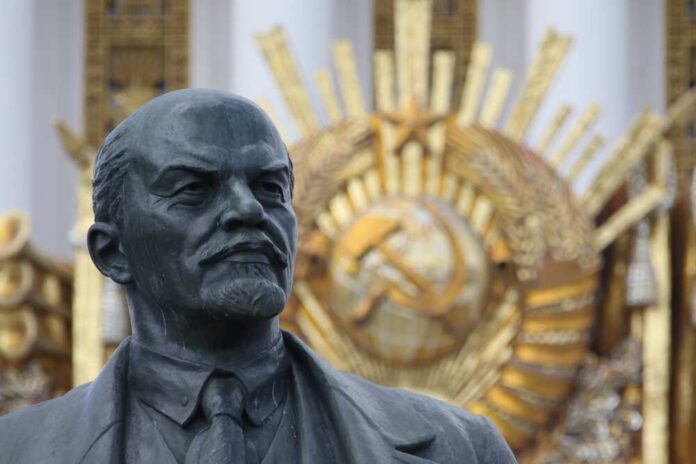
These two terms are sometimes used interchangeably to refer to the increasing control of the state, the surveillance of political life, and the weaponization of the Justice Department against political dissidents. These examples can be seen today, like when the former president is raided by the FBI at the behest of Attorney General Merrick Garland or when social media companies go to great lengths to censor those views that are disagreeable to the political left.
But communism and socialism are very different systems, although there might be some crossover.
Socialism
Socialism, like communism, is an economic and political system. As such, there have been many strains of socialism, such as “scientific socialism” and “democratic socialism.”
Encompassing all socialisms is the belief in a fair, if not equal, distribution of wealth. It does advocate the public ownership of production, meaning the workers own things like factories, but it does not always advocate for total public ownership. This is why socialism can exist alongside capitalism most times, like in democratic socialist countries like Denmark.
Socialists may or may not see communism as their end goal, according to Investopedia.
But socialism can relate to communism if we discuss the right doctrine. “Scientific socialism” was a Marx-Engels creation; they ironically dismissed all other forms as “utopian.”
The premise of this form of socialism was that the “secret” of capitalism could be revealed by the idea of “surplus value.” Socialism, then, was the intermediary stage between capitalism and communism, whereby the means of production would be seized from the bourgeoisie, the capitalists, and given to the government. From that point, the property would be distributed to the proletariat, or the workers, and we get communism.
Communism
The idea of communism includes the abolition of government and property. As such, it also includes the abolition of “surplus value.”
Marx believed, along with economist David Ricardo, that by virtue of creating goods, human beings had given their products economic value. But they are not fully compensated by the capitalist for the value that they produced; they are given only a portion, a wage. The remainder of the profit is “surplus value.” Marx sees this process as exploitation.
In a communist world, workers will no longer be exploited by capitalists but will work for themselves; they will own the means of production and be in control of their own labor value.
Both socialism and communism might diverge in one key aspect: socialism generally believes in gradual, internal change, whereas communism results in a violent overthrow of the status quo. Ultimately, however, communism has never been successful because no government has ever ceded power to its people.
Why? Maybe because there is always a Stalin waiting around the corner with a gun.














